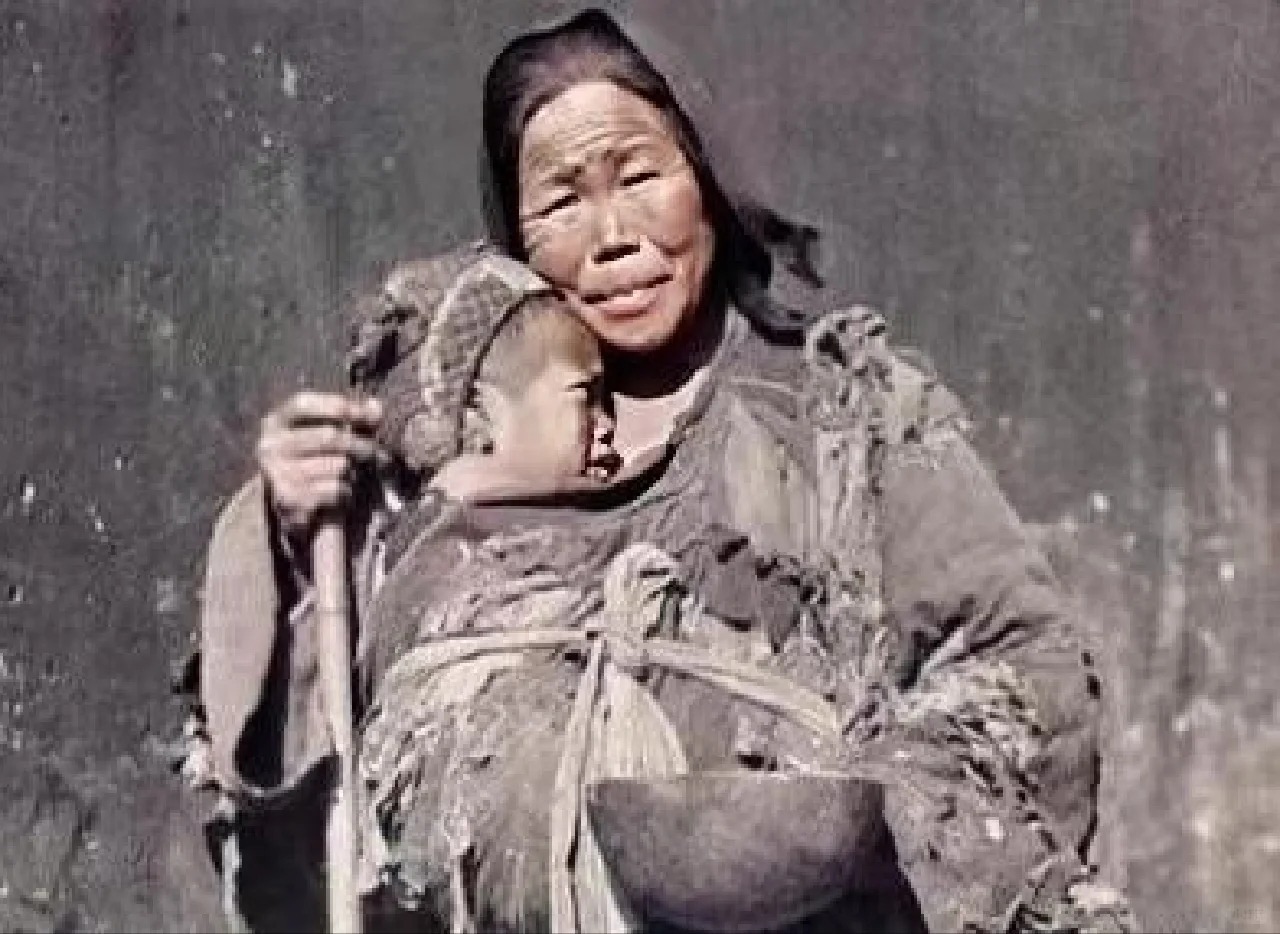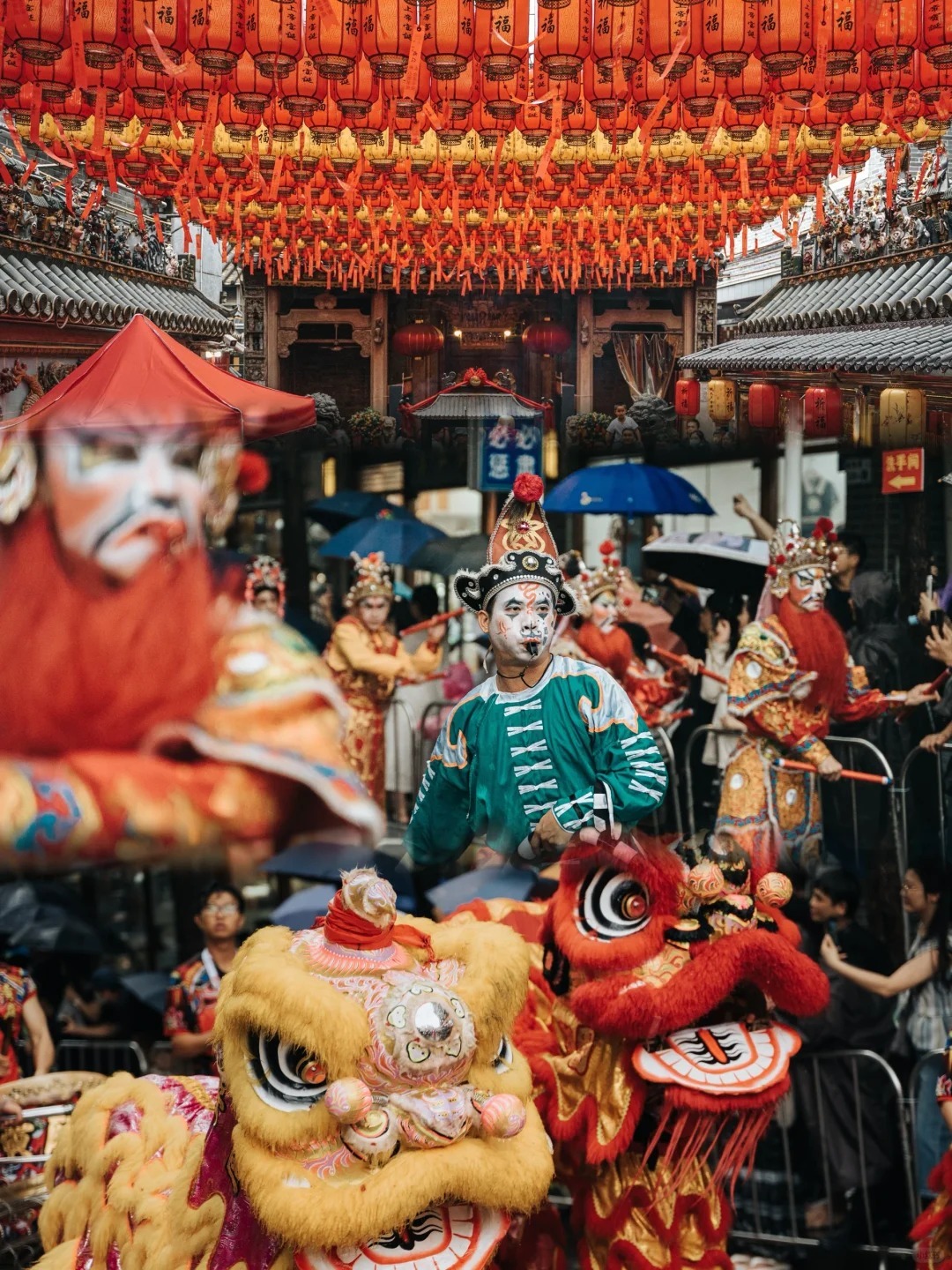I Am Sun Yet-Sen Founder of Modern China: The Return to China and the Seeds of Revolution Part 3
In 1883, I was abruptly withdrawn from my studies at Iolani College in Hawaii and sent back to my ancestral home in Cuiheng Village. My brother, Sun Mei, made this decision after I tore down an image of Guan Yu—a revered deity among Chinese laborers abroad. This act was not merely vandalism but stemmed from my growing conviction that traditional superstitions and idolatry were obstacles to progress. To the laborers working for my brother, Guan Yu was as sacred as Jesus Christ; to destroy his portrait was akin to desecrating their spiritual lifeline. Though my brother had generously funded my education and even legally transferred half of his Hawaiian estate to me, he could not tolerate what he saw as reckless defiance.
My return journey began on a British steamer departing from Macau for Hong Kong, where I boarded a smaller sandboat bound for Xiangshan County. But no sooner had we entered Qing waters than waves of officials swarmed aboard, demanding bribes under various pretexts. Passengers, powerless against such extortion, complied by handing over coins or trinkets. This practice, though normalized, infuriated me. Having just returned from Hawaii, where fairness and accountability were valued ideals, I found the corruption unbearable. When the fourth group of officials came aboard, I snapped.
“Why do you extort these innocent people?” I demanded loudly, threatening to report them to higher authorities. The shipmaster had warned us all beforehand: keep quiet and pay up. But at seventeen, fresh off tearing down Guan Yu’s portrait, I feared nothing. My outburst did not deter the officials—it enraged them. They detained the entire vessel overnight until the shipmaster bribed them the next morning.
This incident left a bitter taste in my mouth. It crystallized everything wrong with the Qing Dynasty: its bloated bureaucracy, rampant corruption, and utter disregard for ordinary citizens. On that cramped sandboat, surrounded by frustrated passengers blaming me for delaying their trip, I delivered my first political speech. I railed against greedy officials and argued that without overthrowing the corrupt Qing regime, the people would never prosper. Whether anyone listened or understood, I cannot say. What they likely remembered most was the impetuous youth who caused trouble.
Back in Cuiheng: A Clash of Ideals

Upon returning to Cuiheng after four years away, I discovered little had changed. The village remained mired in poverty, ignorance, and superstition—the same conditions that drove my uncles to seek fortunes overseas. Determined to bring enlightenment, I began lecturing villagers about the backwardness of Qing institutions and sharing the progressive ideas I’d absorbed abroad. Surprisingly, some listened. Perhaps because I was young, passionate, and eager to improve our community, elders started inviting me to village meetings. For a moment, I felt a flicker of pride—hadn’t I proven myself worthy of respect?
But my enthusiasm soon collided head-on with tradition. My father and grandfather clung stubbornly to feng shui, convinced that burying ancestors in auspicious locations determined familial prosperity. “Your brother’s success in Hawaii,” my father insisted, “is proof that our efforts have borne fruit.”
I scoffed. “Brother succeeded because he married a local woman there, not because of graves ten thousand miles away!” Yet logic held no sway over deeply ingrained beliefs. Just as my father couldn’t change my mind, I failed to shake his faith in superstition. Across China, millions relied on gods, temples, and geomancy to explain life’s hardships. Real-world problems—poverty, inequality, exploitation—were ignored while families squandered resources appeasing deities.
Desecration and Exile
Not long after, I sparked another controversy. During a visit to the Beidi Temple (北帝庙) with friends, including Lu Haodong, one of my closest companions, someone suggested kneeling before the statue of Xuantian Shangdi (玄天上帝). But rebellion coursed through my veins. Not only did I refuse to bow, but I also strode up to the deity and broke off its middle finger. Smiling mockingly, I declared, “Look! I’ve broken the Northern Emperor’s finger, yet he still smiles. How can such a god protect us?”
Encouraged by my audacity, Lu Haodong joined me in vandalizing a nearby statue of Golden Flower Lady (金花娘娘), scraping her face into a grotesque mess. Elders witnessing this sacrilege fell to their knees, muttering prayers for forgiveness, while we laughed heartily. Word spread quickly. Villagers deemed me cursed, certain divine retribution loomed over Cuiheng. Furious, the elders confronted my father and Lu Haodong’s parents, demanding justice. To placate the crowd, my father paid ten taels of silver to repair the statues and offered sacrifices to appease the gods. Then, to restore harmony, he banished me from the village.
Thus, barely six months after coming home, I was exiled once again—this time to Hong Kong. Lu Haodong faced similar punishment, sent to study in Shanghai. Reflecting years later, I realized my intentions—to awaken people from blind faith—were noble, but my methods lacked tact.
New Beginnings in Hong Kong
In Hong Kong, I enrolled at Diocesan Boys’ School (拔萃书院), continuing my studies in English and deepening my understanding of Western thought. Through Xu Fengchi (许凤池), a mentor and pastor, I met Reverend Charles Hager, an American missionary who became a pivotal figure in my life. Under his guidance, Lu Haodong and I formally converted to Christianity, taking baptism vows. Xu Fengchi gave me a new name—Yixian (逸仙)—which would later resonate globally.

News of my expulsion from Cuiheng and embrace of Christianity reached my brother in Hawaii. Furious, he decided to intervene personally. In late 1884, citing business losses, he summoned me back to Hawaii. Only upon arrival did I discover his true motive: to reform me. Our reunion was tense. He lamented how I had disgraced the family, while I agonized over the suffering of my nation. Despite threats—including revoking the property he’d gifted me—I stood firm. Refusing to bend, I returned his assets and severed ties legally.
Frustrated, my brother resorted to physical punishment, forcing me to work as a lumberjack in hopes of breaking my spirit. Yet even amidst grueling labor, I continued discussing ways to transform China. Realizing Hawaii offered no path forward, I borrowed money from a former teacher and fled back to Hong Kong. There, my brother’s dream of reforming me collapsed entirely. Overwhelmed by guilt, he sent a large sum to my father, urging him to arrange a marriage for me, believing matrimony might ground me.
And so, shortly after arriving home from Hawaii, I found myself facing yet another challenge—an arranged engagement. Little did they know, settling down was the last thing on my mind.
The Making of a Revolutionary
Each setback reinforced my resolve. From challenging feudal traditions in Cuiheng to resisting familial pressures in Hawaii, every struggle clarified my purpose. Though my path remained uncertain, one truth emerged: revolution required more than anger—it demanded action, sacrifice, and unwavering conviction. As I prepared to embark on the next chapter of my life, I carried with me not just the scars of failure but also the seeds of hope—for a new China, free from oppression and despair.
Steven
Roots of China was born from my passion for sharing the beauty and stories of Chinese culture with the world. When I settled in Kaiping, Guangdong—a place alive with ancestral legacies and the iconic Diaolou towers—I found myself immersed in stories of migration, resilience, and heritage. Roots of China grew from my own quest to reconnect with heritage into a mission to celebrate Chinese culture. From artisans’ stories and migration histories to timeless crafts, each piece we share brings our heritage to life. Join me at Roots of China, where every story told, every craft preserved, and every legacy uncovered draws us closer to our roots. Let’s celebrate the heritage that connects us all.



